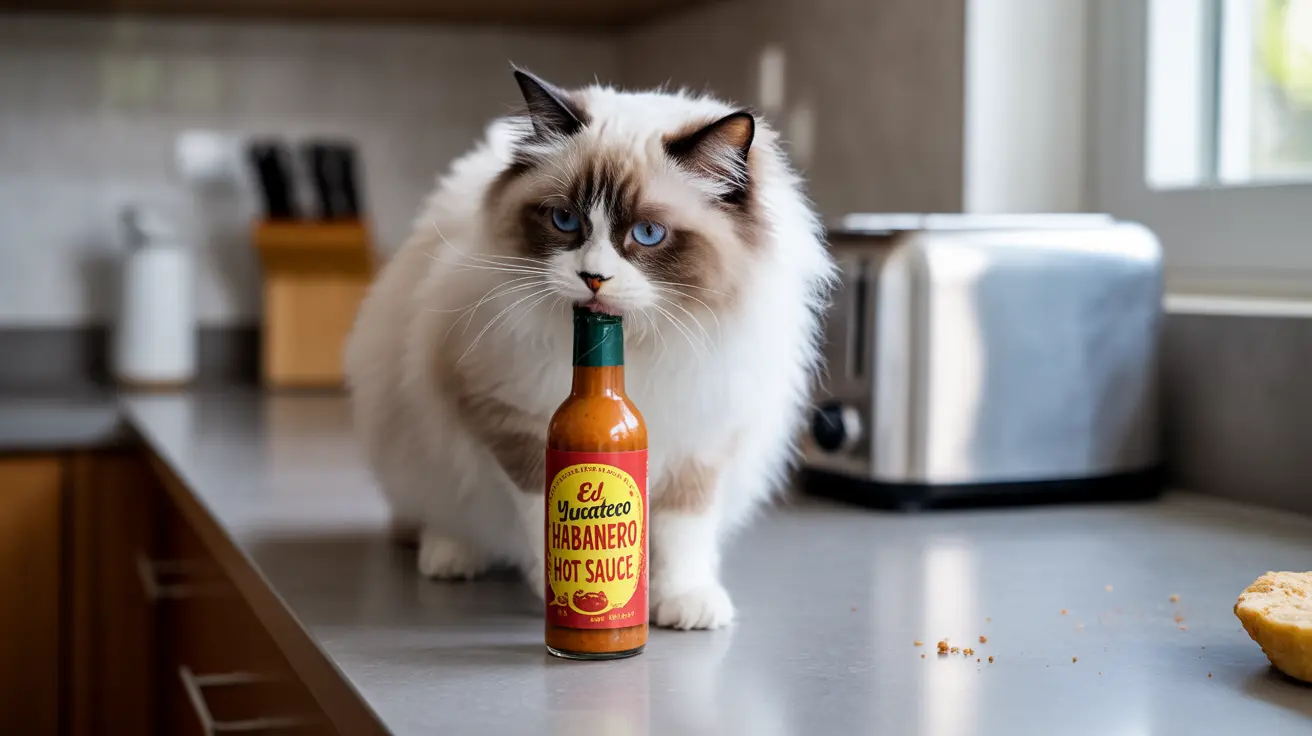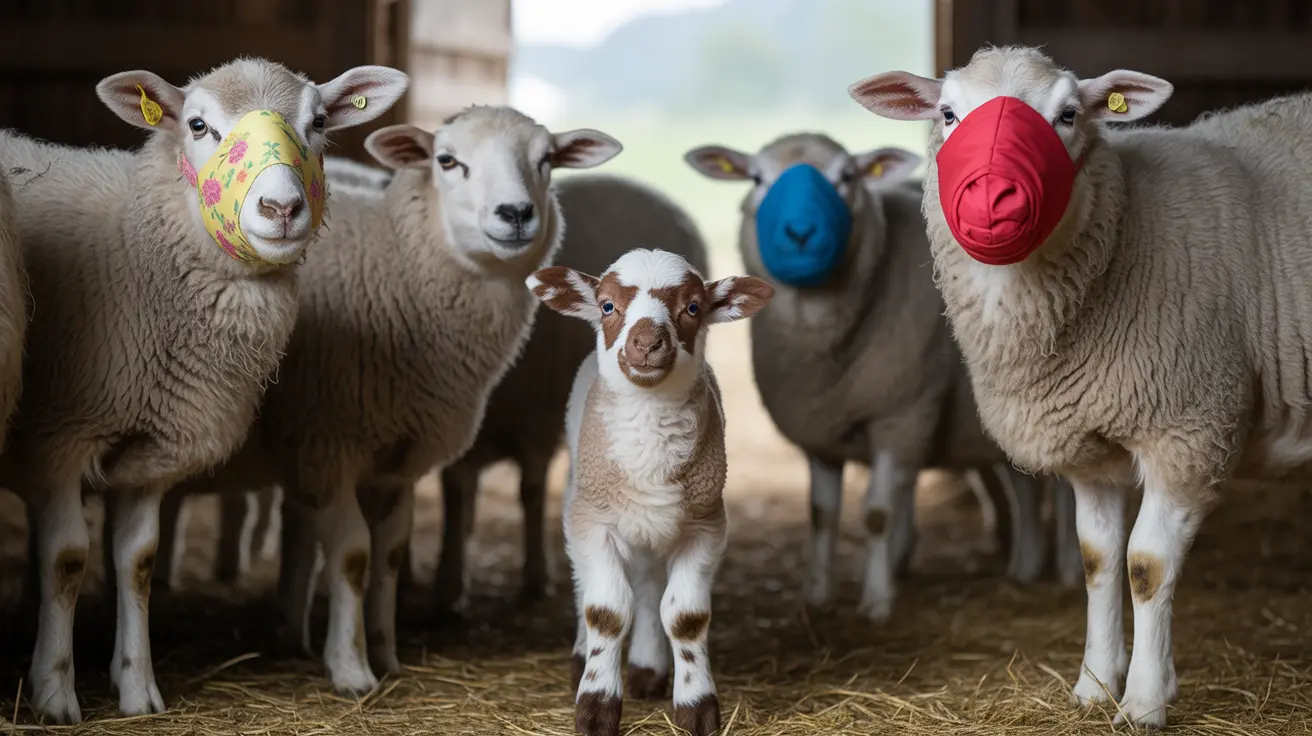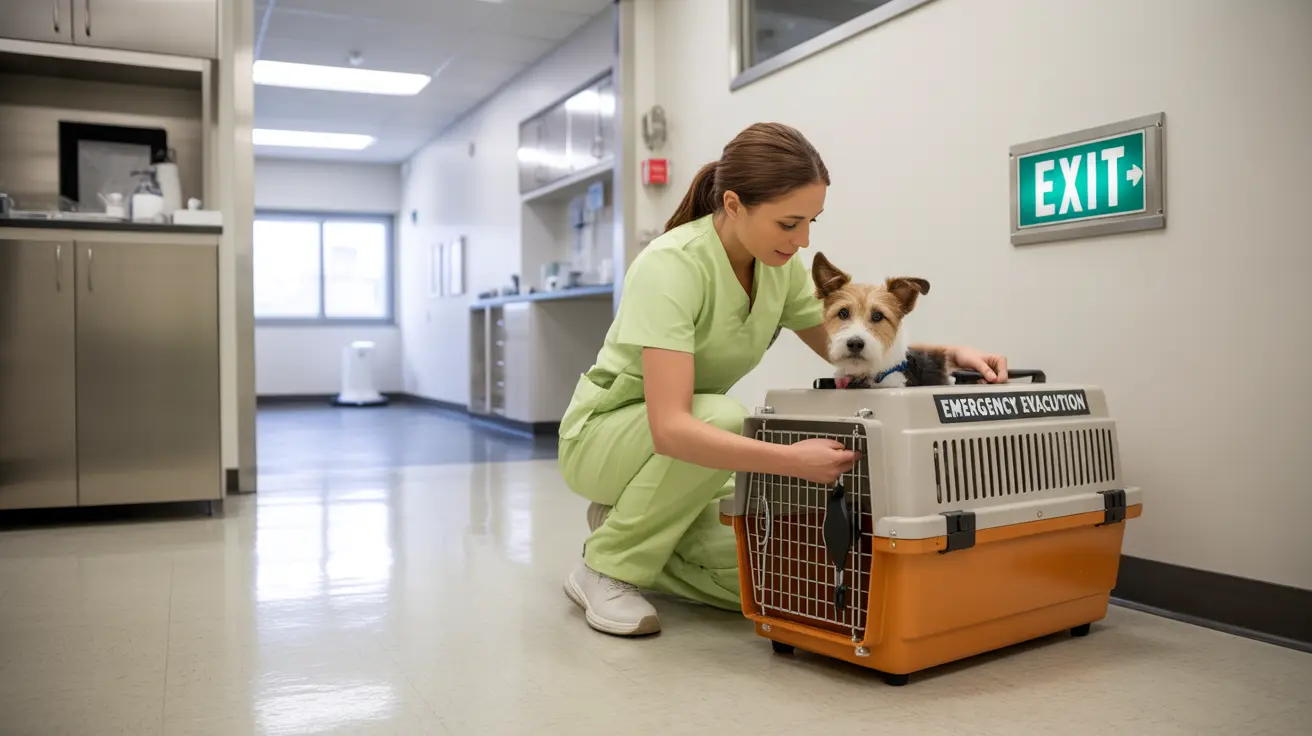As cat owners, we often wonder about what human foods our feline friends can safely consume. When it comes to hot sauce and spicy foods, the answer is clear: cats should never be given hot sauce or spicy condiments. Not only does hot sauce lack any nutritional value for cats, but it can also cause significant discomfort and potential health risks.
Understanding why hot sauce is dangerous for cats and what to do if your cat accidentally consumes it can help keep your pet safe and healthy. Let's explore the risks associated with hot sauce consumption in cats and learn about proper dietary guidelines for our feline companions.
The Dangers of Hot Sauce for Cats
Hot sauce contains several compounds that can be harmful to cats, with capsaicin being the primary concern. This active ingredient in hot peppers creates the burning sensation we experience when eating spicy foods. For cats, whose digestive systems are much more sensitive than humans, capsaicin can cause severe irritation and discomfort.
Even a small amount of hot sauce can trigger significant reactions in cats due to their smaller size and more delicate digestive system. The burning sensation affects not only their mouth but can also cause inflammation throughout their digestive tract.
Common Symptoms of Hot Sauce Ingestion
If your cat manages to consume hot sauce, they may exhibit several concerning symptoms:
- Excessive drooling
- Pawing at the mouth
- Vomiting or dry heaving
- Diarrhea
- Abdominal pain
- Difficulty breathing
- Loss of appetite
- Increased thirst
Hidden Dangers: Toxic Ingredients in Hot Sauce
Beyond capsaicin, many hot sauces contain additional ingredients that are toxic to cats. Garlic and onion, common ingredients in hot sauces, can cause severe anemia in cats. Other potentially harmful ingredients include:
- Xylitol (artificial sweetener)
- Various spices like nutmeg
- Salt in high concentrations
- Preservatives and additives
What to Do If Your Cat Eats Hot Sauce
If you discover your cat has consumed hot sauce, take immediate action:
- Remove any remaining hot sauce
- Provide fresh, cool water
- Monitor their behavior closely
- Contact your veterinarian if symptoms appear severe
- Never induce vomiting without veterinary guidance
Safe Feeding Practices for Cats
To maintain your cat's health and prevent accidents with harmful foods like hot sauce, follow these guidelines:
- Keep all condiments safely stored away from cats
- Feed appropriate cat-specific foods
- Avoid sharing human food
- Maintain a consistent feeding routine
- Consider pet-proof cabinet locks if needed
Frequently Asked Questions
Can cats safely eat hot sauce or spicy foods?
No, cats cannot safely eat hot sauce or spicy foods. These items can cause severe digestive issues and discomfort, and offer no nutritional benefits for cats.
What symptoms should I watch for if my cat accidentally eats hot sauce?
Watch for drooling, pawing at the mouth, vomiting, diarrhea, difficulty breathing, and changes in appetite or behavior. Contact your veterinarian if these symptoms occur.
Why is capsaicin in hot sauce harmful to cats?
Capsaicin causes intense burning sensations and inflammation in cats' digestive systems. Their bodies are not designed to process this compound, making it particularly harmful.
Are there toxic ingredients in hot sauce that can be dangerous for cats?
Yes, many hot sauces contain toxic ingredients like garlic, onion, and certain spices that can cause severe health issues in cats, including potentially fatal anemia.
What should I do if my cat ingests hot sauce or spicy food?
Provide fresh water, monitor their behavior, and contact your veterinarian immediately if concerning symptoms develop. Don't attempt home remedies without professional guidance.
Remember, cats are obligate carnivores with specific dietary needs. Keeping them away from hot sauce and other spicy foods is essential for their health and well-being. If you're ever unsure about what your cat can eat, consult with your veterinarian for professional guidance.






